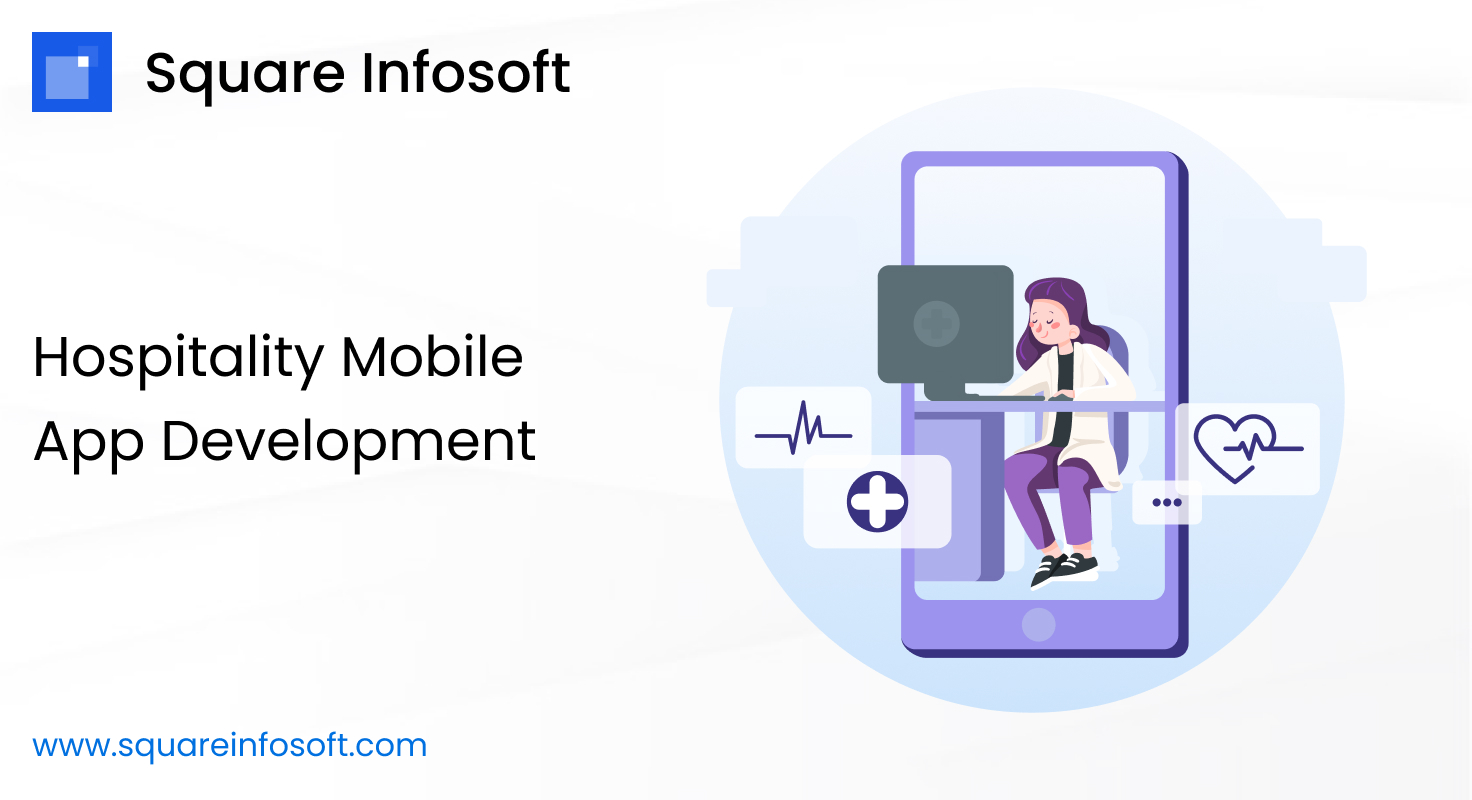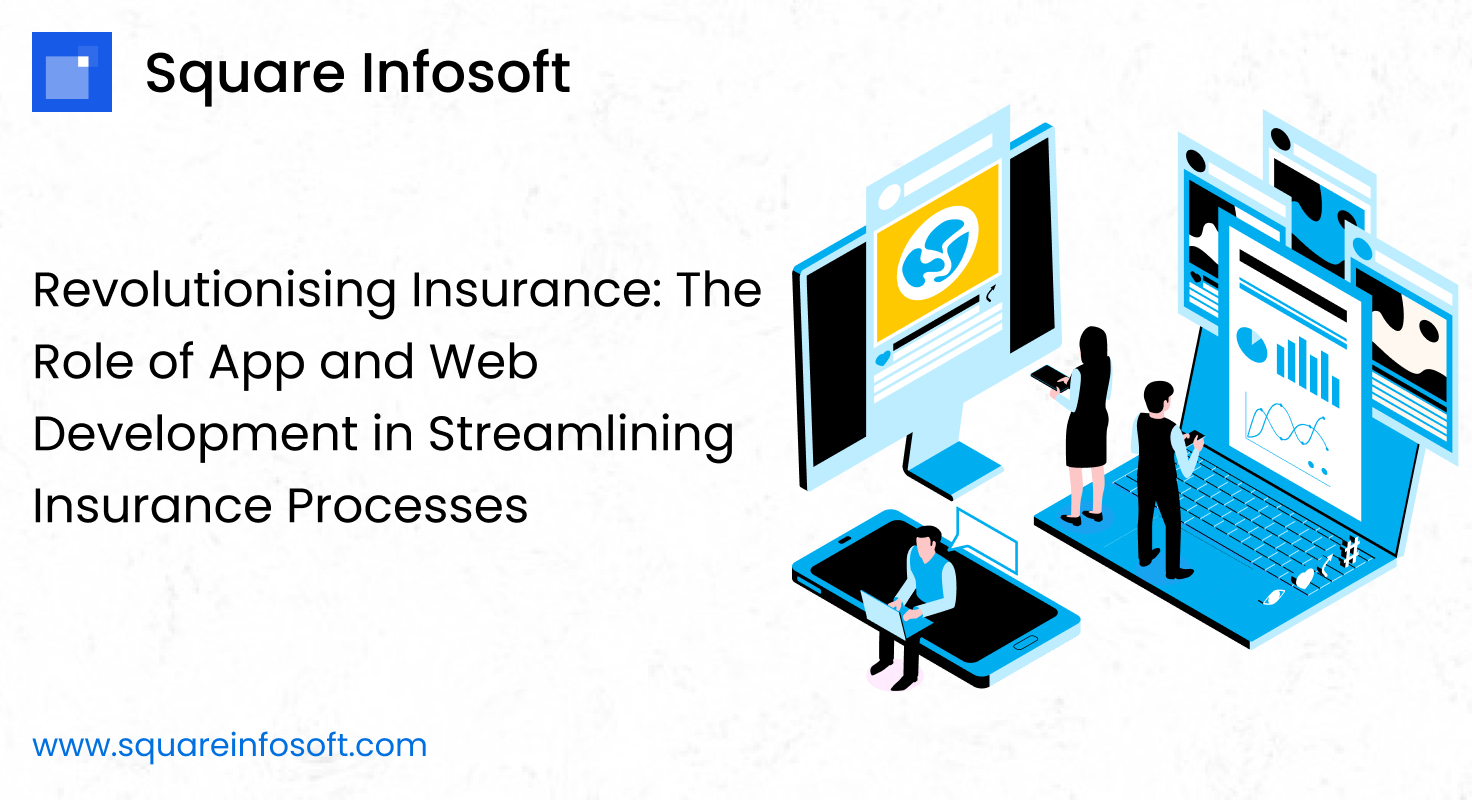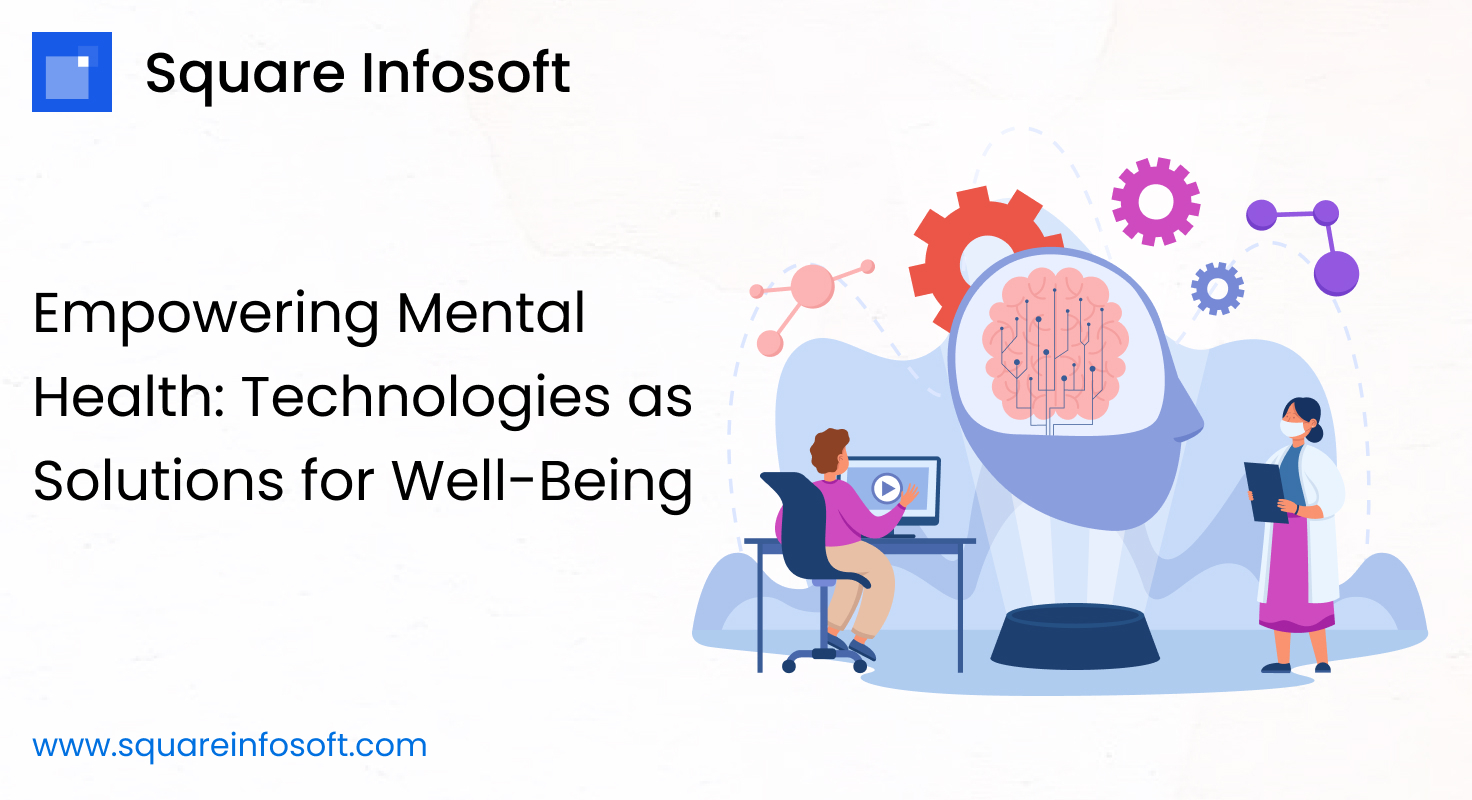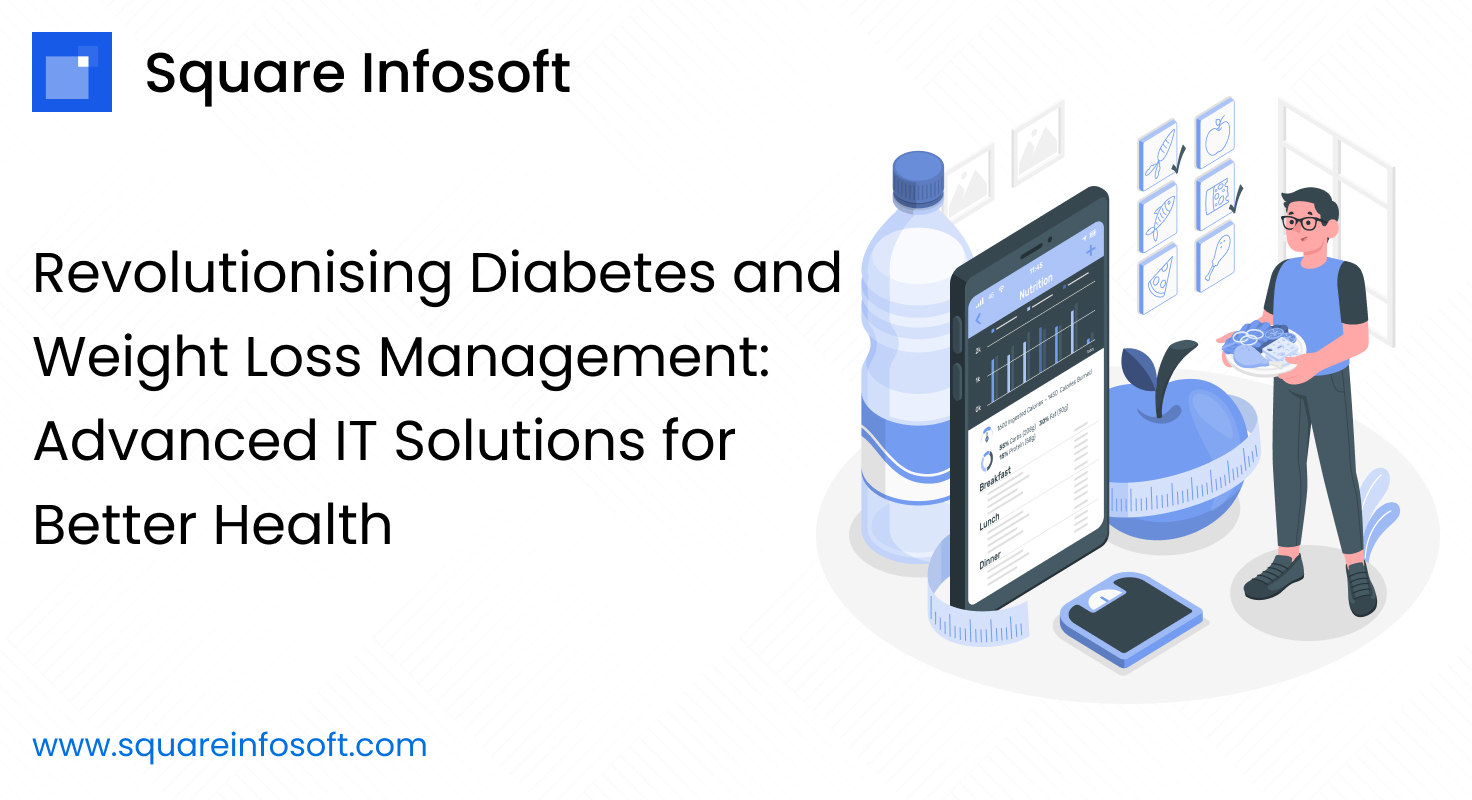Creating a hospitality mobile app presents a tremendous opportunity to elevate the guest experience and streamline operations within the hospitality industry. Whether you’re developing an app for hotels, restaurants, travel agencies, or other hospitality businesses, meticulous planning and execution are essential. Here’s a comprehensive step-by-step guide to help you embark on this journey:
1. Identify the Purpose and Features: Defining the primary goal of your hospitality app is crucial. Whether it’s facilitating hotel bookings, restaurant reservations, travel recommendations, or a combination of services, clearly articulate the app’s purpose. List essential features such as booking functionality, real-time updates, reviews and ratings, loyalty programs, and in-app payments to meet the needs of your target audience effectively.
2. Market Research: Conduct thorough market research to gain insights into existing apps within the hospitality sector. Analyze competitors’ apps to understand their strengths, weaknesses, and unique selling points. Pay close attention to customer reviews and feedback to identify pain points and opportunities for improvement. This research will guide you in positioning your app strategically in the market.
3. Design and User Experience (UX): Invest in creating a visually appealing and user-friendly interface that aligns with your brand’s identity. Focus on intuitive navigation and smooth user flows to enhance the overall experience. Utilize wireframes and mockups to visualize the app’s layout and interactions, ensuring that every aspect contributes to a seamless user experience.
4. Platform Selection and Technology Stack: Decide whether your app will target iOS, Android or both platforms based on your target audience and business objectives. Choose appropriate programming languages such as Swift, Kotlin, or Java, and consider leveraging cross-platform frameworks like React Native or Flutter to expedite development. Selecting the right technology stack is crucial for ensuring scalability, performance, and maintainability.
5. Development: Develop both the front-end and back-end components of the app with a focus on functionality and security. Implement features such as user registration, booking forms, real-time notifications, and integration with payment gateways to provide a seamless user experience. Collaborate closely with designers and developers to bring your app to life while adhering to best practices and industry standards.
6. Integration and Data Management: Integrate third-party APIs for services such as mapping, payment processing, and social media sharing to enhance the app’s functionality. Implement a robust database structure to manage user profiles, bookings, reservations, and other relevant data securely. Data management is critical for ensuring smooth operations and personalized experiences for users.
7. Testing and Quality Assurance: Prioritize thorough testing to identify and rectify any bugs, glitches, or usability issues before launching the app. Test the app on various devices, screen sizes, and network conditions to ensure compatibility and performance. Quality assurance is essential for delivering a polished and reliable app that meets user expectations.
8. Deployment: Publish your app on app stores such as Google Play Store and Apple App Store after complying with their guidelines and requirements. Craft compelling app descriptions, screenshots, and promotional materials to attract potential users and drive downloads. A successful deployment sets the stage for user acquisition and engagement.
9. Marketing and User Engagement: Develop a comprehensive marketing strategy to promote your app across various channels, including social media, email campaigns, and strategic partnerships. Engage users by offering personalized recommendations, loyalty rewards, and exclusive offers to foster a sense of community and loyalty.
10. Maintenance and Updates: Continuously monitor user feedback and app performance to identify areas for improvement. Regularly update the app to add new features, enhance user experience, and address any issues that arise. Ongoing maintenance is essential for keeping the app relevant and competitive in the dynamic hospitality industry.
11. User Support: Provide robust customer support channels within the app for users to seek assistance or resolution to any queries or concerns they may have. Prompt and helpful responses contribute to overall user satisfaction and retention.
In conclusion, developing a hospitality mobile app requires careful planning, meticulous execution, and a relentless focus on delivering exceptional user experiences. By following the step-by-step guide outlined above and prioritizing user convenience, seamless interactions, and personalized services, you can create a successful app that resonates with your target audience and drives business growth in the competitive hospitality landscape. Keep abreast of industry trends and user feedback to iteratively improve and evolve your app over time, ensuring its continued relevance and success in meeting the evolving needs of users.




